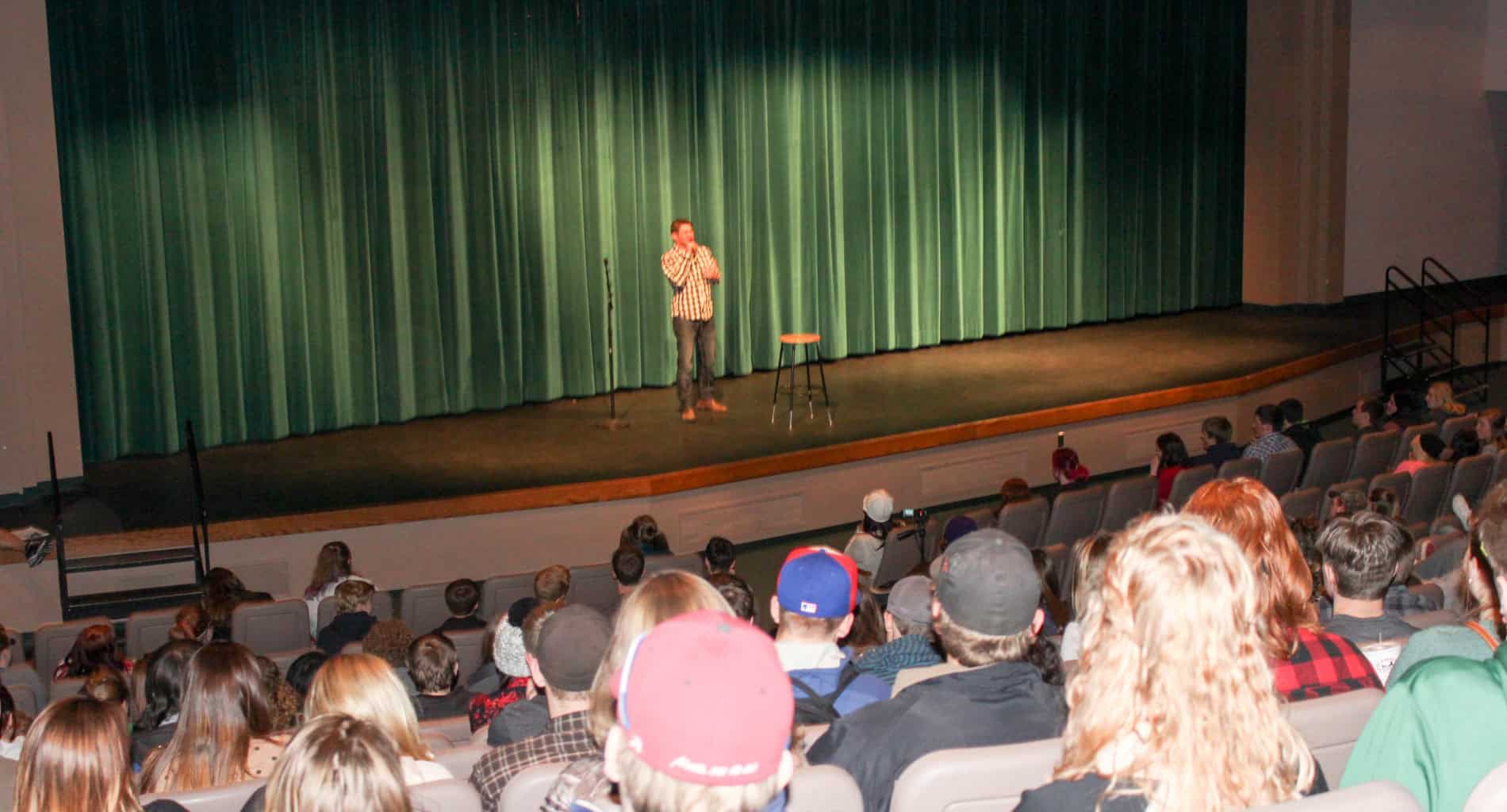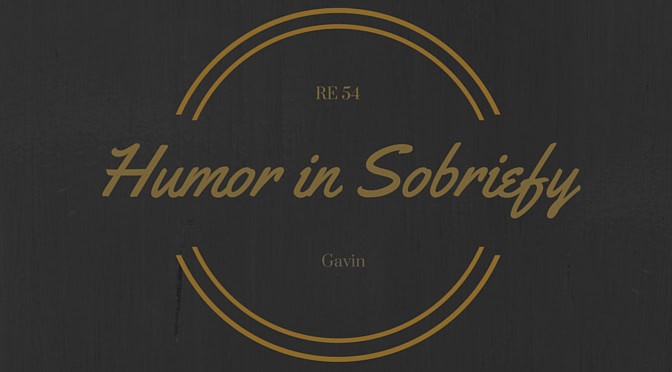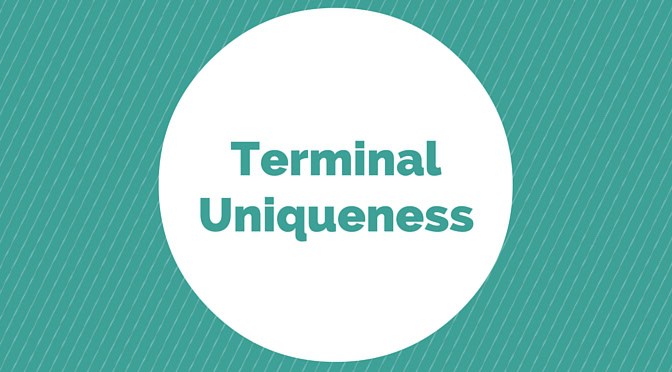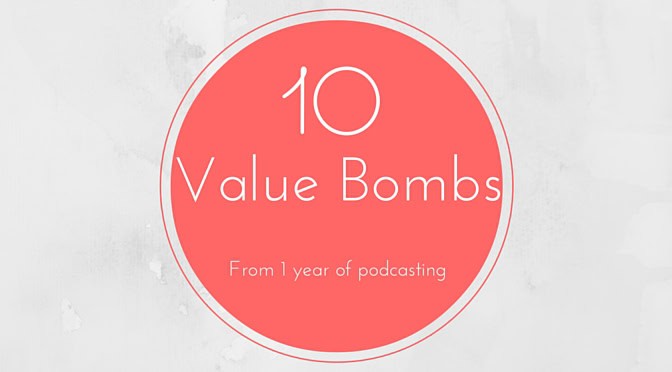
by Paul Churchill | Mar 14, 2016 | Podcast
Podcast: Play in new window | Download
Subscribe to the Recovery Elevator Podcast Apple Podcasts | | More
In this episode Bill, who has been sober October 22nd 2015, shares how to successfully navigate retirement as an alcohol. Also in this episode how exhausting and potentially dangerous it can be while drinking and traveling. That is when the light bulb for sober travel went off about two weeks.

-if you are at Circle K at 6:01 am telling the clerk to open the beer cooler! -Jamie
-if you go to brunch with friends and notice they have a glass of wine each and wonder “who does that?” -Maggie
-if you almost buy a bra you could fill with wine/liquor to take on your cruise -Christine
-if you can’t walk past a wine bar without feeling sad and nostalgic. -me
Be sure to join the Recovery Elevator Private Accountability Facebook Group.
Come join the ultimate Recovery Elevator meet-up in Peru where we will be volunteering at orphanages with Peruvian Hearts, working with local alcoholics, and why not hike the 38 mile Inca Trail to Machu Picchu while were down there!

by Paul Churchill | Mar 7, 2016 | Podcast
Podcast: Play in new window | Download
Subscribe to the Recovery Elevator Podcast Apple Podcasts | | More
In this episode, Brandy shares how she has successfully made it to 69 days sober! I also talk about how I mapped out my talk to the largest school audience yet in my short speaking career. Footage from this YouTube video to come shortly, but here the video that I made for the freshman and sophomore classes.

-if when on vacation, every time you go out to eat with your boyfriend (who does not want you to drink) you make sure he sits in a place with his back to the bar so you can sneak a drink on your way to the bathroom. -Phenina
-if you wake up in the hospital and have to ask the nurse to help you look up impound lots after your car was totaled 4 days earlier and you have no recollection of where the accident happened. -Maureen
-if you check your bank online to find charges that you don’t recognize…after all, you haven’t been to that bar in months! You call the bar to contest the charge and then realize that it was your signature on the bill and you had been there in a blackout. -Jill
-if you get so desperate for mixers that you use mint tea or similar to mix your vodka, decided it tastes worse somehow, and just start doing shots, alone, on a Tuesday. -Sarje
-if your podcast app says you’ve heard those 15 podcasts, but you don’t remember a single one. -Arista
Be sure to join the Recovery Elevator Private Accountability Facebook Group.
Come join the ultimate Recovery Elevator meet-up in Peru where we will be volunteering at orphanages with Peruvian Hearts, working with local alcoholics, and why not hike the 38 mile Inca Trail to Machu Picchu while were down there!

by Paul Churchill | Feb 29, 2016 | Podcast
Podcast: Play in new window | Download
Subscribe to the Recovery Elevator Podcast Apple Podcasts | | More
In episode 54, Gavin from England shares how he made it too 100 days of sobriety, and his humor in the accountability groups is what gave me the inspiration for this topic.
Ideas for this podcast topic came from an article I read on The Fix and the benefits of laughter are from Help Guide.

You Might Be an Alcoholic if!
– if you take a ruck sack with you when you go cycling, so you can buy beer on the way home. You then hide your stash, and drink your first beer in the shower (sometimes your 2nd and 3rd too)! -Gavin
– if you pour vodka into your garden hose for later consumption while your unsuspecting spouse thinks you are out enjoying a day in the yard. – Steve
-if you carefully open a shrink wrapped case of water, empty the bottles, fill them with vodka, and carefully reassemble the case with a heat gun, then check the case of water into your cruise cabin. You then do the same thing with a case of nestea and bourbon… -Doug
-if you take the unfinished bottle of wine out of the skybox at Giant’s stadium by hiding it in your pant leg socks -James
-if you hide your beer and drink it warm in the closet…even when you live alone. -Lindsey
-You might be an alcoholic if you are walking through the streets holding your 7 month grandchild in one arm and a 3rd glass of wine covered up with a napkin in the other – Robin
-if your favorite hobby becomes listening to music while shitfaced in a pitch black bathroom. -Colin
-if you see a homeless guy walk out of the liquor store with a 6 pack of pre-mixes and you think ‘He could have bought more alcohol with the same amount of money by buying straight spirits.’ And then you think ‘Go hard or go home!’ -Dee
-if you regularly invent a new language, that only three other people in the bar with you can speak. -Jon
-if all 20 iBooks you own are about alcoholism and recovery. -James
Feb. 10–An allegedly problematic passenger on board an Alaska Airlines Boeing 737 bound from Boston to San Diego last night was removed from the flight after the plane was forced to make an emergency landing in Denver.
Heath Montgomery, spokesman for Denver International Airport, said Denver police and airport security responded to Flight 769, but the disturbance was deemed to be a customer-service matter, and the man was not arrested.
Montgomery said the passenger was not allowed to reboard the jet, which continued on to California.
Passengers told media in Denver the man became agitated when the flight crew told him he could not drink alcohol he’d brought with him and began shouting, “We’re all going to die,” among other threats.
A spokesman for the airline did not immediately respond to a request for comment.
Be sure to join the Recovery Elevator Private Accountability Facebook Group.
Come join the ultimate Recovery Elevator meet-up in Peru where we will be volunteering at orphanages with Peruvian Hearts, working with local alcoholics, and why not hike the 38 mile Inca Trail to Machu Picchu while were down there!
Be sure to expand your recovery network in and Seattle on February 27th and San Francisco on March 5th.

by Paul Churchill | Feb 22, 2016 | Podcast
Podcast: Play in new window | Download
Subscribe to the Recovery Elevator Podcast Apple Podcasts | | More
In this episode, Dawn shares how she has made it to 6 months of sobriety as a mother of three. We also discuss terminal uniqueness which basically is when we focus on the differences and not the similarities. I have been culpable of this many times, and I am working on being cognizant of how to avoid this. Here are some of the key reasons why terminal uniqueness is so dangerous.
-It allows people to ignore the likely consequences of their actions
-It provides a false sense of security
-It divides the world into me and them
-It means that the individual will be unwilling to believe that treatments that help other people can help them
-It leads to the individual thinking that they are either worse than everyone else, or that they are better than everyone else
-It prevents the individual from seeking help for their problems
-It can be a barrier to communication
-It leads to feelings of loneliness and desperation (isolation)****

-you think you’re being responsible when you iron a shirt the night before work, but you are so drunk that you fall forward and crumple the ironing board into twisted metal -Patrick
-you run into your old drinking buddy & can’t remember his name -Miq
-You stop talking in mid sentence because you forget how to talk. -James
-You vomit, and then go get a drink to settle your stomach issues -Gabrielle
Much of the inspiration for this topic came from Ty, who edits the podcast, and MD Junction.
Be sure to join the Recovery Elevator Private Accountability Facebook Group.
Come join the ultimate Recovery Elevator meet-up in Peru where we will be volunteering at orphanages with Peruvian Hearts, working with local alcoholics, and why not hike the 38 mile Inca Trail to Machu Picchu while were down there!
Be sure to expand your recovery network in and Seattle on February 27th and San Francisco on March 5th. Dates for NYC, San Francisco, Denver Costa Rica and Norway are coming soon.

by Paul Churchill | Feb 15, 2016 | Podcast
Podcast: Play in new window | Download
Subscribe to the Recovery Elevator Podcast Apple Podcasts | | More
What I learned in 1 year of podcast is remarkable. It will help me stay sober and I want to thank everyone who has been a part of Recovery Elevator. I really hope you enjoy this summary because I had a great year compiling them.
Value Bombs
What I learned from a year of podcasting about my sobriety.
By Paul Churchill (with Elliot P.)
Podcasting about your sobriety isn’t exactly the best way to stay anonymous. However, after years of struggling to stay sober I was willing to try anything and nothing seemed more powerful than the accountability I’d create by checking in with “the world” every week. So I bought a few simple pieces of recording equipment, signed up for a podcasting service and started talking. I was terrified to release the first episode – it felt like I was jumping off a cliff. I knew my life would never be the same. I was right.
This year has been the best year of my life but strangely, also the hardest. I know what you are thinking, “of course it was the hardest as getting sober isn’t easy” and you’d be right. But there is something especially terrifying about getting sober in front of anyone who wants to watch. I’ve been told that some people thought my podcast would be a train wreck and they were listening for entertainment value. Luckily, so far, I have beaten the odds and probably made this pretty boring for my macabre listeners. My goal is to make this podcast as boring as possible for this demographic of my audience! How is that for a podcasting goal? Really though, I think we have had a lot of fun this year and I’m all for the suspense each week as I sign in, once again, still sober. If I can do it, maybe some of my listeners realize that they can too.
Now I don’t claim to be very smart but the most unexpected part of this journey has been meeting hundreds of listeners who can relate to my story. I honestly felt like I was the only one who suffered exactly like I did. It turns out that alcoholism is ironically a communal disease where everyone afflicted feels isolated. Part of the solution involves finding like-minded people who you can get honest with. Little did I know, just by talking openly into the microphone, this group of like-minded people would come to me. Listenership has grown beyond my wildest dreams. I love you guys.
I’ve been asked what have been the most impactful lessons I’ve learned over this year of podcasting. The beauty of listening to the stories of those I’ve interviewed is that everyone can relate to the stories differently depending upon their place in their sobriety journey. Below is a list highlighting ideas that have meant the most to me:
- Avoid isolation like the plague:
One of the single biggest differences between “drunk Paul” and “sober Paul” is my sense of community. By getting honest with this podcast, my chances of long-term sobriety have significantly increased! As Russell Crow says in The Gladiator, “Whatever comes out of those doors, we have a better chance of survival if we stick together.”
- Accountability:
I didn’t know it at the time, but I was creating accountability by taking the following actions when trying to get sober:
- I sent a text message to my fantasy football league about how my drinking is more serious that they knew.
- I told my parents and brother while we were on vacation together that I was an alcoholic.
- I started a podcast and told anyone in the world who wanted to listen. Okay, this one was a little extreme!
My sobriety date (9/7/14) was shortly after the first two accountability measures were taken. Coincidence? I think not.
If you haven’t told someone about your drinking yet, do so! Letting the cat out of the bag is so hard but it is so liberating! Telling someone pushes you past the point of no return – and only then are you really on the journey.
- Conduits:
What, you need a higher power to get sober? That is a sticky and messy topic. I’ve learned that there really is no need for all the emotion and debate surrounding one’s belief in something more powerful than one’s self.
I’ve learned to look at it like this: See the highway, not the cars. See the river, not the water. See the trees swaying, not the wind. See the power lines, not the power.
By focusing on the pathway and not the source – we worry less about understanding and yet we find harmony in knowing that we are not the ones in control. Then, and only then, is it so much easier to find peace in this crazy process called recovery. I’m not the source but maybe I can be the pathway. Clarity comes when my glaze rises above the mess.
- Affirmations:
With every passing day, I run the risk of getting so far away from my last drink that I forget about the misery it caused and I could then trick myself into having “just one.” It’s so tempting to be so enthralled with my new life that I could forget my past.
Once I got sober, I’ve found ways to constantly affirm a few simple truths. Meetings, conversations over coffee, podcasting, and repeated phrases are all ways for me to remember. For me, these truths are:
- My body processes alcohol differently than others and thus I choose not to drink.
- I’m either moving forward or backward in sobriety and I choose to move forward.
- Helping others is the best way to help myself.
- Honesty:
The truth is that honesty is pretty darn important. And liberating.
- Anonymity:
How can I say anonymity is important when I’m clearly not anonymous about my recovery on the Recovery Elevator podcast? Good question! Let me explain….
Anonymity is a coin with two sides. One side is what probably 99% of the world would think of when then think of 12 step groups. It’s the idea that “who you see here, and what you hear here, stays here.” These groups need to be a safe landing pad for newcomers and a place where people know it is safe to talk freely. Anonymity also keeps the group focused on certain principles and not on personalities. Principles are timeless and personalities can be fickle. These groups need to stay anonymous.
The only problem with this concept is that people often take it too far and use it as an excuse to fiercely stay private about their reasons for not drinking. This secrecy perpetuates the shame, stigma and loneliness associated with alcoholism. Those still struggling are never able to learn that many people around them also struggle. It is such a shame because there are few things that can bring people together in this world like a common problem! Imagine the empathy we could feel and help we could be if we knew what others around us were truly struggling with. And this brings me to the other side of the coin…
I believe there are absolutely times NOT to be anonymous. Growth happens outside of your comfort zone. A great way to grow in sobriety is to start sharing your story with others. Maybe you start with your significant other and then move to close family, and then expand to your trusted friends. Not only does growth happens with each layer of people we tell, so does our ability to be of service to someone else who may be struggling.
- Acceptance:
Acceptance is the answer.
Acceptance is the answer.
Acceptance is the answer.
Our efforts are futile until we accept that we are powerless over alcohol. Our life won’t be truly happy until we accept that every person, place or thing is exactly the way it is meant to be in this moment. It is then, that I’m reminded that I don’t need to change the world; I just need the courage to change myself. It’s with this acceptance that the journey begins and it’s with this acceptance that living peacefully is possible.
I love a quote from Pam, an interviewee, “you must go through it to get to it.” By accepting life as it comes, we are then able to achieve true happiness.
- Recovery network:
One must have a network of other sober individuals who they can do life with. This disease is communal and within five minutes of being around another alcoholic, relief seems to always come. The network grows and changes over time but it almost always consists of people who can help you, people who you can help and friends you naturally don’t want to let down. Remember, there are few things that bring people together as powerfully as a common struggle.
- The Journey:
Recovery, like life, is a journey. It’s a darn hard, often ugly, unending journey. It’s a journey we didn’t start out in life wanting and it’s a journey we only really end when we die. But I think too many of us subconsciously think the goal of sobriety is to simply not to drink from now until we die. Yes, that is definitely an important goal but what good is that if we still live miserably. The trick is to find ways to be both sober and happy.
I also think too many of us subconsciously do just enough work in sobriety to stay sober. Thus, its like we walk the path of happy destiny as slowly as possible. I’m not judging here because we all are on our own path. In this year of interviewing people for the podcast, I have found that the people who seem the happiest in sobriety are the ones who aren’t afraid to put a little skip in their step down this path of sobriety.
- Helping others:
I know the term “helping others” sounds so cliché! It’s also the last thing anyone new in sobriety wants to hear. Maybe that is why I’m putting it last. Maybe that is also why helping others doesn’t show up until the very last of the 12 steps. Regardless, there does seem to be some magic in that helping others really does end up helping ourselves. I think maybe we can call it sobriety karma. Yes, let’s call it sobriety karma. I like that.
I really look forward to what this next year has in store for my sobriety and for the Recovery Elevator podcast. It’s a journey I’m walking with you all and it’s a journey that widens with the addition of each of your voices. Thanks for being here and thanks for listening!
You took the elevator down but you need to take the stairs back up. You can do this!
Recovery Elevates,
Paul
Be sure to join the Recovery Elevator Private Accountability Facebook Group.
Be sure to expand your recovery network in and Seattle on February 27th and San Francisco on March 5th.








